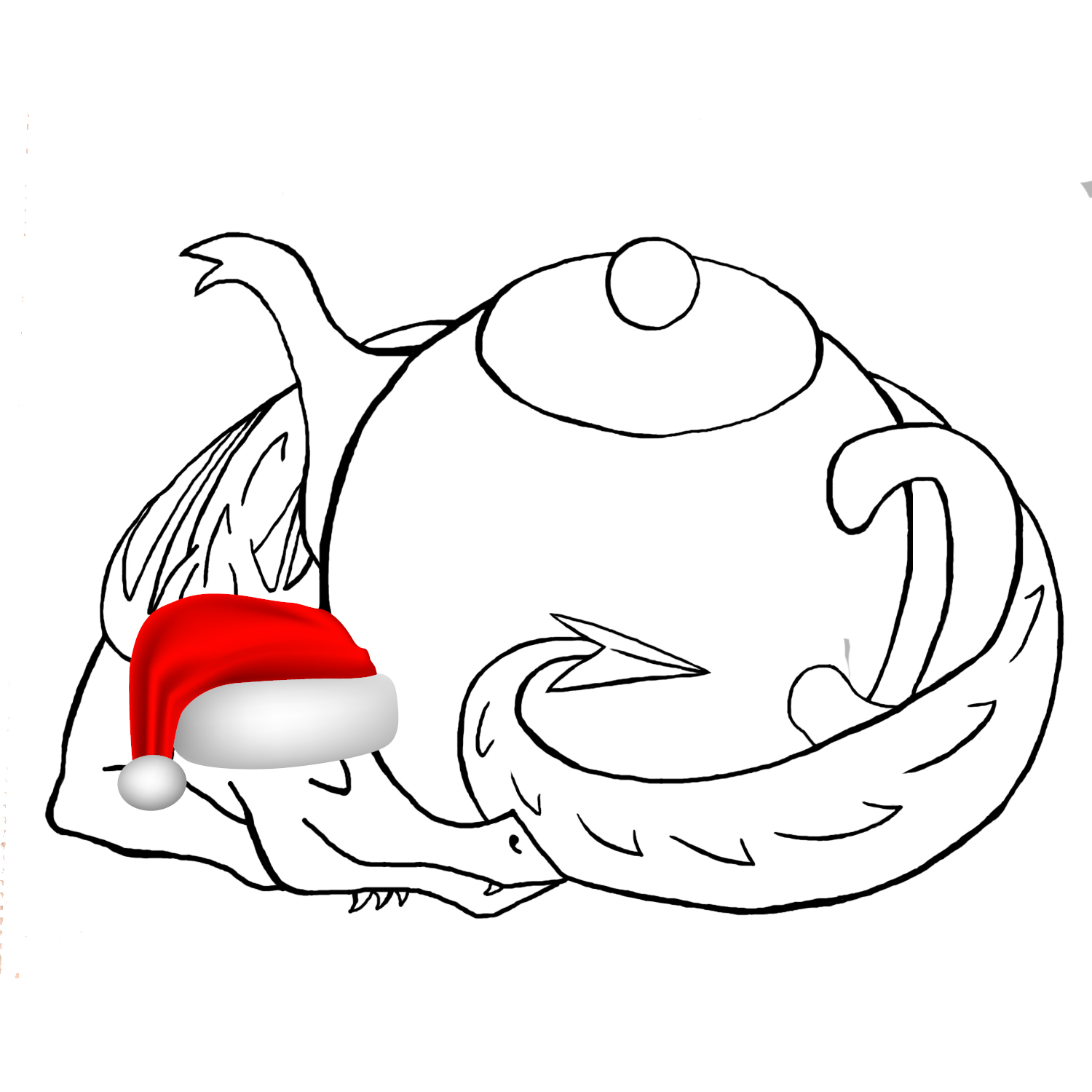Do You Need to Has Good Grammer to Being a Writer?
‘If you write anything, you need to get Grammarly.’
You said it in her voice, I know you did. Back in the day, we did handwriting and spelling classes in school. Not often, mind, but we did them. We used to fold our pages into four columns, write down that week’s ten words, then every morning the first thing we’d do would be open our spelling jotters and read, cover, write, check each word three times. And each day, we’d write a sentence for two of them to show we knew what they meant, not just how they were spelled.
Some days we’d also practice our handwriting, from first learning to form letters and punctuation (it’s a full stop, not a football!) to learning how to write joined up letters. There was such a thing as your ‘best handwriting’ back then. I don’t believe they do that any more. Just as we were told we had to learn arithmetic because we wouldn’t be walking around with a calculator in our pockets when we grew up (you didn’t see smartphones coming, did you Mrs. A?), so the coming generations don’t bother with spelling and handwriting because the computer corrects them in a clean and legible font.
So the question arises, with such good technology these days, do you actually need to be good at spelling and grammar to be a writer?
THE SHORT ANSWER
The short answer is, of course, no. No, you don’t need good spelling and grammar to be a writer. In this day and age, you don’t even need to be able to write. So long as you can type, your computer can do the rest for you. Forgotten a spelling? Right click that squiggly red line. Not sure which word you’re looking for? Predictive text can suggest something. Not sure about your sentence structure? There are apps to correct you. Not very good at typing? There’s some pretty decent speech recognition software out there. No, you can have bad spelling and grammar and still be a writer.
Where the computer fails you, there are always editors and proofreaders. A good editor is a writer’s best friend.
THE LONG ANSWER
Although you can have bad spelling and grammar and still be a writer, you should strive to be the best you can. I say ‘best you can’ because there are plenty of people out there with issues like dyslexia, processing issues, and visual impairments who struggle to write. One of my brothers is on the spectrum, and though he can be extremely articulate and is bafflingly intelligent, writing and reading are a struggle for him. In cases like this and like dyslexia, grammar and spell-checking programs are invaluable. For people with sight problems and physical issues that restrict their ability to write, speech recognition is an absolute gift. But on the whole, though you don’t have to have a good grasp of the English language, you should aim for it and work as hard as you can at it.
Writing is about communication and part of communication is understanding how and why language works. Once you understand it, you can manipulate it to your own ends. Relying on an app or a program to correct you when you have the ability to learn it for yourself is not helpful.
Increasingly among younger folk, I am seeing a trend away from writing by hand towards typing and though that’s not a bad, it does bring with it a degree of laziness. Kids aren’t learning to spell because their phones and laptops will fix it for them. Yes, it takes time and effort and grief to learn these things but if you want to be an excellent writer and not just a good one, it is important for you to master your language.
The decline in quality reading is not helping either. By reading books like Twilight and a combination of magazines and homemade blog articles, people are not consuming quality literature. They’re consuming rubbish and so they never learn what good writing is because they never read it. The child who lives off of takeaways will never learn to cook (another problem among my peers, besides the pocket calculators). By devouring solid books like Sherlock Holmes, Of Mice and Men, Austen’s novels, the Narnia books, and any of the Middle Earth books, you won’t just be reading good stories, you will be learning about structure, grammar, word choice, and spelling without even realising it.
Though it is not an easy path to become proficient in these things, laziness will never make a great writer of you. Though most of us aren’t capable of obtaining an extensive vocabulary, impeccable spelling, and perfect grammar, we should try to excel as far as is in our capacity and not give in to laziness. On one hand, it’s because the better your grasp of English, the better you will become. On the other, as Christians, we are to do all to the glory of God and that means not skimping out on this essential part of exercising your writing gift.
NOT ALL ARE WORDSMITHS AMONG US
It is true that not all are gifted equally, as much as the world resents the fact. Not all among us are word-smiths and not all of us are silver-tongues. The majority of us are awkward ducklings, trying to find our way. But if you can go from bumpkin to town crier or (in my case) village idiot to acceptable member of society, then you should.
I’m not saying that all writers should obtain absolute mastery over their native tongue before they are allowed to publish, only that it is your responsibility to take your gift and exercise it as far as it will go. It’s lazy to hand over responsibility to the computer – or worse, your poor editor when you could improve if you tried. Not all are wordsmiths among us, not all are silver tongues, but most of us can and should do better. You don’t have to have good grammar and spelling to be a writer but you should work to become as good as you possibly can.
YOUR TURN
- Do you struggle with spelling and grammar? What resources have you found helpful?
- Do you agree that writers should have good grammar or do you think it’s ok to rely a little more on technology and other people?







